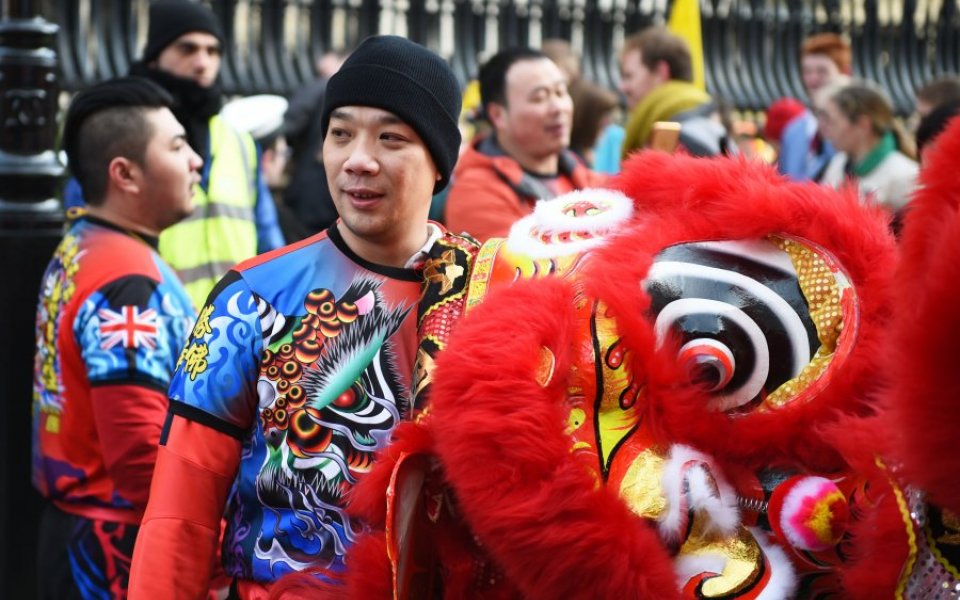As China’s markets react to their first day back since the Lunar New Year, the country’s central bank can learn from the fire monkey

By the time you read this, you’ll know how China’s markets have reacted to their first day back since the Chinese New Year (and you can get all the latest developments on cityam.com).
Having taken last week off, Chinese traders will excuse themselves from any blame for the jaw-dropping volatility seen throughout the rest of the world.
The stock market shocks of August last year were prompted by overnight panic in Shanghai, but such excuses could not be used this time around. Market commentators thus paid more attention to the underlying health of investment banks, recession fears elsewhere in the world, the outlook for monetary policy, and so on.
Nonetheless, China’s economic slowdown and its imbalances continue to weigh on global sentiment even when its markets are closed. And the behaviour of its authorities doesn’t help either.
Central bank chief Zhou Xiaochuan yesterday blamed “international speculative forces” for the declining value of the Asian giant’s currency, continuing a theme that has dominated the start to the year. Many investors believe the yuan is over-valued. The Chinese authorities do not want it to fall further. Hence a tug of war that can only have one outcome.
Beijing’s reaction is unsurprising. Unwelcome market movements often result in the identification of scapegoats, such as the hundreds of people arrested (supposedly for rumour-mongering) after Black Monday. They also result in central demands imposed on market participants, whether it be “speculators” or shareholders barred from selling their own financial assets.
“Once you start to do it, you can’t be half pregnant,” commented China expert Jonathan Fenby from London-based consultancy Trusted Sources, last month. He was referring to China’s experiment with liberalisation – a project that has, wonderfully, allowed half a billion people to escape poverty.
If they want to continue this journey and become a world player with market economy status, the Chinese government and central bank must learn to let go, and accept fluctuations as part of the game. As its markets commence with the year of the monkey, we are told that 2016’s version (a fire monkey) is “ambitious and adventurous, but irritable”. China’s authorities should take inspiration from the first two traits, and look to shed the latter.